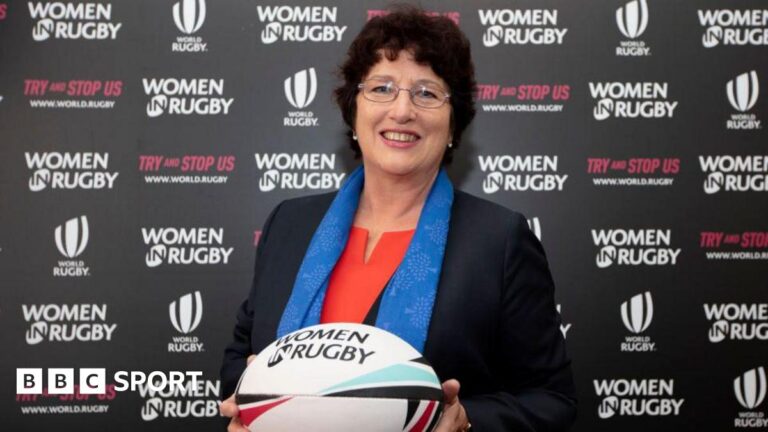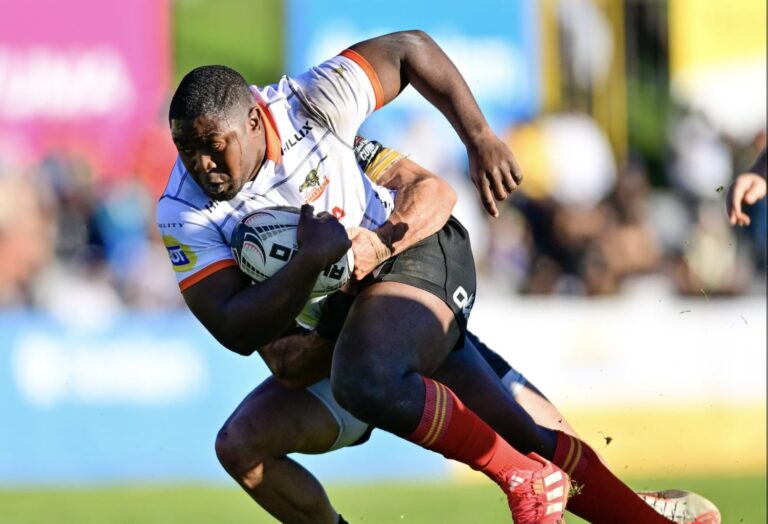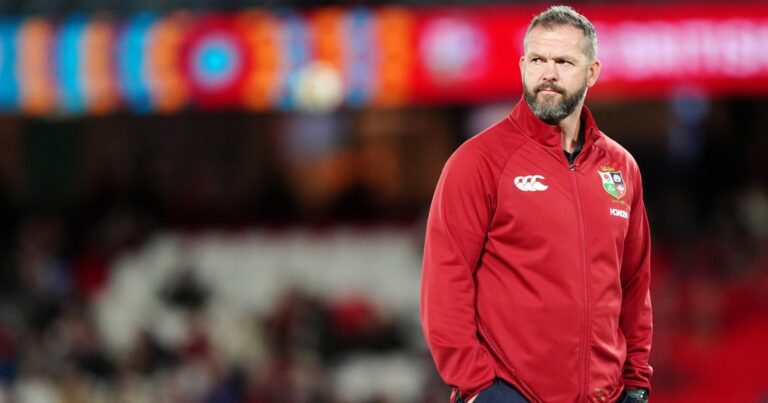
Jess Thom helped Great Britain’s elite athletes get into the strongest frame of mind to compete for medals at last year’s Olympics.
The former competitive figure skater has also worked with sporting institutions including Southampton FC and Wasps Rugby to coach players on issues as varied as ‘performance anxiety’ and ‘emotional management’.
The chartered sport psychologist — who was once mentored by Professor Steve Peters, respected psychiatrist and author of The Chimp Paradox, whose client list has included Sir Chris Hoy and Ronnie O’Sullivan — is also credited with transforming the lives of individuals and firms in the private sector.
In short, her credentials can’t be questioned. Getting Scotland’s rugby players to remain focused and switched on, however, for the full 80 minutes of a Test match might yet be her toughest challenge to date.
It was Gregor Townsend who brought in the former Team GB lead psychologist in the autumn to improve his squad’s mental robustness. Various players, including co-captain Finn Russell, have spoken about Thom’s input and the improvements she has brought about in the camp.
And yet those same mindset and concentration problems continue to plague this team to their detriment. It is a complaint that has followed them around for some time now, long before Thom was brought in to try to address it. How does a high-performance side go from being the dominant force in a match to become meekly subdued and cowed, often with no obvious reason behind such a stark switch?

Tom Jordan scores Scotland’s fourth try in their 35-29 victory against Wales on Saturday

Blair Kinghorn enjoys the moment after scoring his second try of the day at Murrayfield

Wales’ Max Llewellyn shows his frustration after his team’s late fightback comes up just short
How can a team as rampant as Scotland were against Wales on Saturday suddenly find themselves hanging on for dear life towards the end of a match that they ought to have been winning by 50 points?
Even the great master of the mind, Sigmund Freud, might have balked at trying to unravel such an enigma.
Scotland have, admittedly, also suffered in successive years through moments of misfortune. The decision not to award them a try in last year’s home game against France and then a few questionable calls in the recent defeat at Twickenham have proved costly to the team’s prospects.
That narrow loss to England leaves Scotland heading to Paris this weekend to play a rampant France — even without the injured Antoine Dupont — as potential party spoilers rather than as championship contenders. There is little Townsend or his players can do about dubious decisions made by referees or TMOs.
One of Scotland’s mantras over the years, however, has been ‘control the controllables’. Focus only on the things you can influence and not the things you can’t. And one issue they should be able to control is maintaining a consistent level of performance all the way through a match.
There can be no excuse for running in five tries in the opening 48 minutes against Wales then failing to add another point for the next 32 minutes. The visitors, winless in 15 games before arriving at Murrayfield, had looked resigned to another thrashing.
And then Scotland did what Scotland do by taking their foot off the gas and losing all control of the contest as Wales found fresh life from nowhere to run in three more tries and see another disallowed. Had the match gone on for another five minutes, Scotland could well have lost it.
‘Obviously the second half didn’t quite go our way,’ said Tom Jordan, scorer of two tries, with a hefty dollop of understatement. ‘There were swings of momentum. We spoke a little bit about it at half-time. We knew that they were going to get a bit of a rocket at half-time and come out a lot stronger.
‘So, we just kind of had to go back to basics and were probably unlucky with a few sets not to build on that momentum, which was a bit of a shame.’
Team-mate Darcy Graham was a bit stronger in his assessment. ‘It feels like we lost that game,’ admitted the winger afterwards. ‘The boys were a bit flat in the changing room. That’s just where we are as a team. We should have put them away. We could have scored another four or five tries out there. That’s the frustrating part.’
It feels like something significant has to change if Scotland are to ever escape this cycle, rather than just minor tweaks or mindset seminars. Townsend still has a year to run on his contract but this weekend could well turn out to be his last tango in Paris. After eight years it might be time for fresh ideas and a new coach who could yet stimulate this squad into reaching the highs their potential has often hinted at without ever being realised.
Before then, however, there is the small matter of trying to halt a France side who were merciless in their domination of Ireland on Saturday and who know a win at home will earn them their first championship since 2022. Scotland probably won’t have to worry too much about holding onto a big lead on this occasion.
‘It’s a huge opportunity for us and I think it’s just a case of taking the momentum from the Wales game, the fix-ups, and just going and leaving it all out there,’ added Jordan.
‘It’s our last game in the Six Nations. Gregor was saying that Scotland have won out there before. It’s just up to us to get the mindset right, leave it all out there and give it our all and see how we go from there.’
For Jordan, who arrived in this country from New Zealand five-and-a-half years ago with a view to playing club rugby at the Ayrshire Bulls, it has been a remarkable ascent.
‘My first away game was Twickenham which was pretty surreal as well,’ he said. ‘My next one if I’m playing will be in Paris. I’ve never been to Paris. I guess that’s the benefits of playing rugby — you get to see the world. It’s an awesome sport and I’m just really grateful to be involved with it.’





